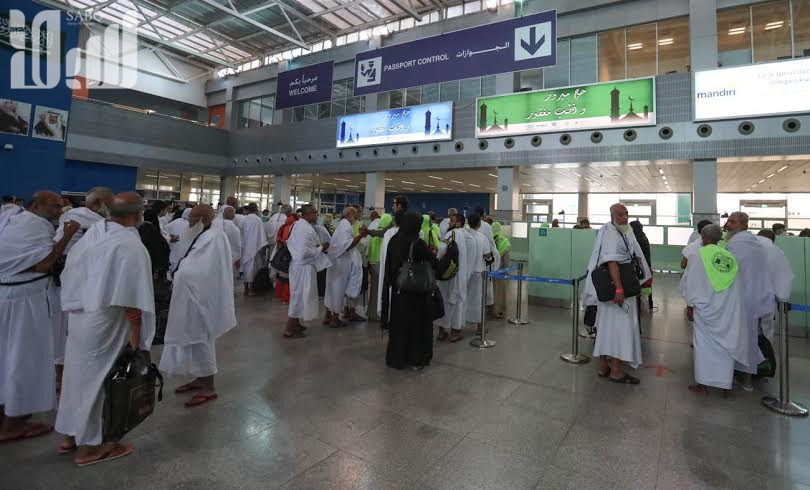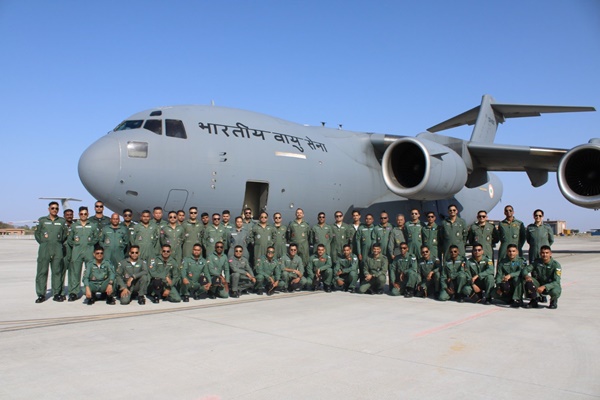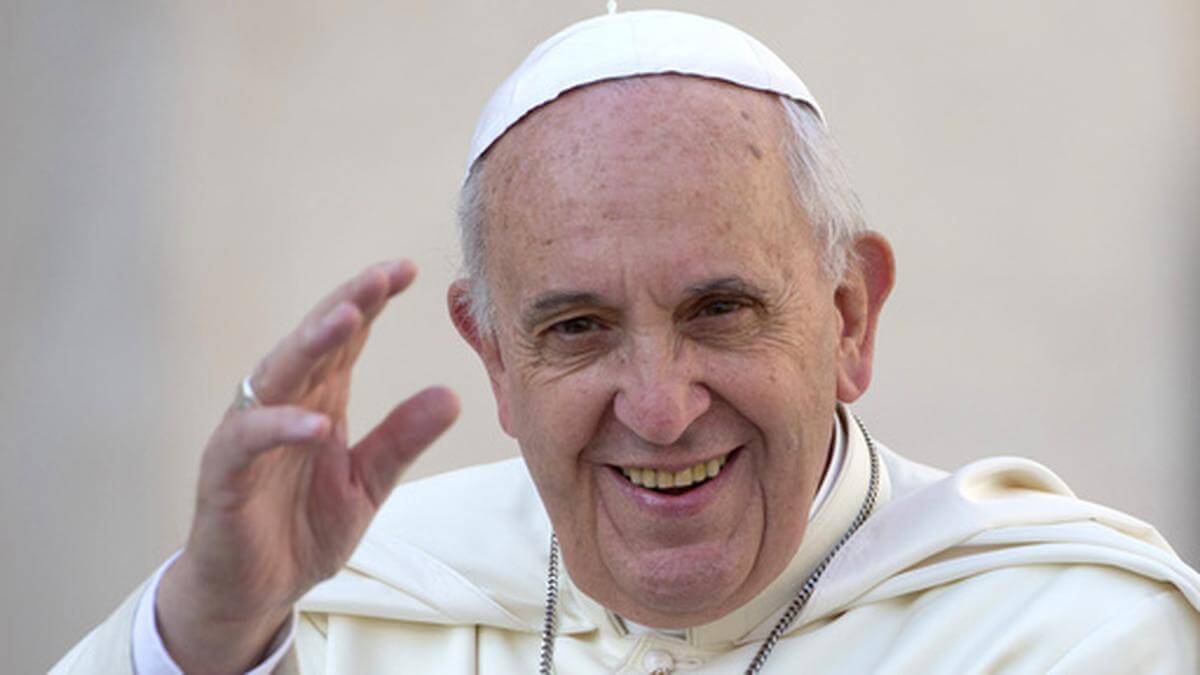Hajj terminal in Jeddah can handle 1,75,000 pilgrims at a time
Thu 03 Aug 2017, 13:41:11

The Hajj terminal in Jeddah can accommodate 175,000 pilgrims at a time — 91,000 at the arrival lounge and 84,000 in the departure lounge.
These figures were revealed during the visit of Prince Abdullah bin Bandar bin Abdul Aziz, deputy governor of the Makkah region, to the Hajj and Umrah Complex at King Abdul Aziz International Airport on Sunday.Under new arrangements, the airport facilities and personnel will be able to clear 3,800 arriving pilgrims and 3,500 departing ones in an hour. The waiting areas can accommodate 7,000 pilgrims at a time.
The prince reviewed airport upgrades and operational plans to receive pilgrims. He was received by Sulaiman Al-Hamdan, transport minister and chairman of the General Authority of Civil Aviation (GACA), among others.The prince was briefed on government services for receiving pilgrims, including those by the Health Ministry, GACA, and the passports and customs departments.
The Hajj and Umrah Complex covers 510,000 square meters. There are 26 aircraft parking spaces, 10 skyways, 18 travel gates and 143 counters for immigration formalities.The General Directorate of Passports has
issued a warning to those transporting pilgrims without licenses, local media reported.
issued a warning to those transporting pilgrims without licenses, local media reported.
Penalties include a fine of SR50,000 ($13,333) for every passenger carried, a six-month jail sentence and confiscation of the vehicle transporting the unauthorized pilgrims, Al-Madinah daily reported.Expatriates violating the rules will be deported after they serve their sentences and pay the fines.
Their vehicles will be confiscated, and they will be banned from re-entering the Kingdom.
During Hajj season last year, the passport authorities issued 101 administrative decisions against 574 violators.In total, they were fined SR5.8 million with prisons terms of 1,425 days, while 18 vehicles were confiscated.
Performing pilgrimage without a permit is illegal in the Kingdom, and every year authorities launch campaigns for citizens and expatriates about the importance of complying with the regulations.The aim is to control the number of pilgrims at the holy sites in Makkah and Madinah to enable government agencies and legitimate Hajj firms to provide the best services.
No Comments For This Post, Be first to write a Comment.
Most viewed from Specials
Most viewed from World
AIMIM News
Latest Urdu News
Most Viewed
May 26, 2020
Do you think Canada-India relations will improve under New PM Mark Carney?
Latest Videos View All
Like Us
Home
About Us
Advertise With Us
All Polls
Epaper Archives
Privacy Policy
Contact Us
Download Etemaad App
© 2025 Etemaad Daily News, All Rights Reserved.





















.jpg)
.jpg)
.jpg)
.jpg)

















